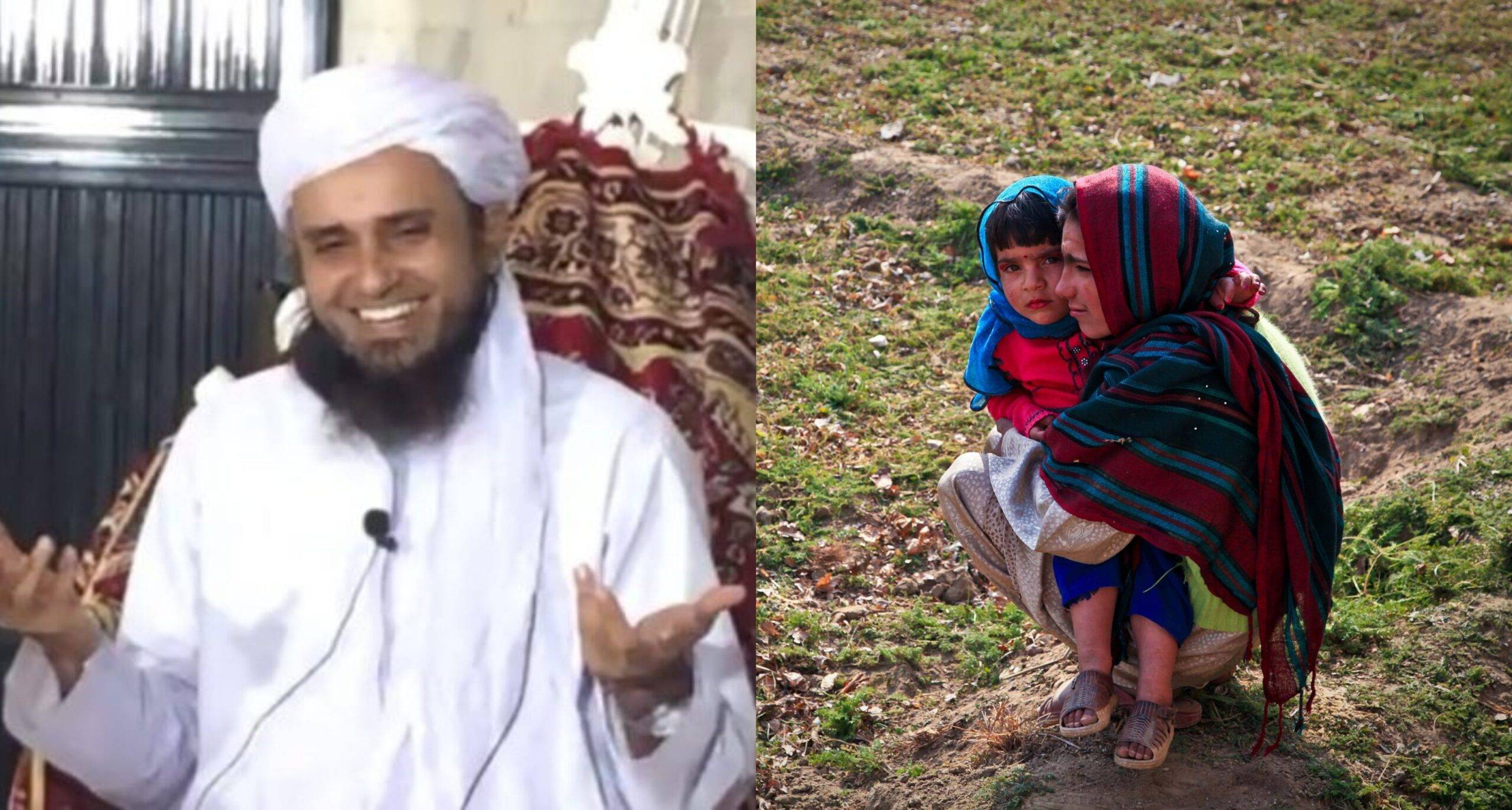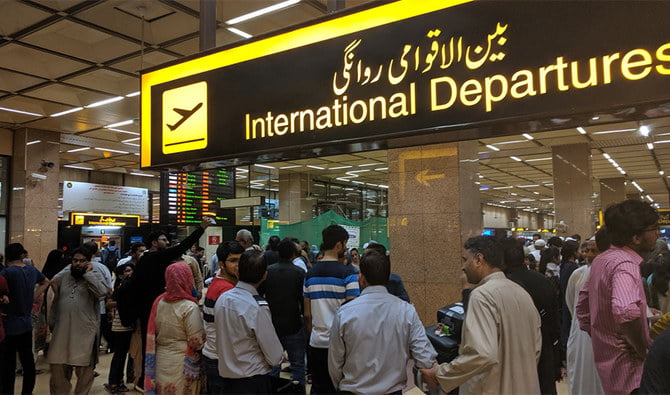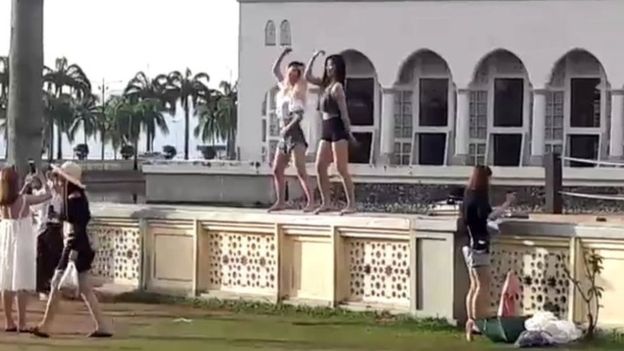On a seemingly ordinary journey from Jaipur to Mumbai, the Jaipur-Mumbai Central Superfast Express train bore witness to an unprecedented tragedy. A railway security guard, Chetan Singh, perpetrated a horrifying shooting spree that claimed the lives of four individuals, including three Muslims.
The chilling act of violence unfolded in the early hours of Monday at 5AM, as the train meandered through the heart of India. Chetan Singh, a 33-year-old Railway Protection Force (RPF) constable, is alleged to have ruthlessly gunned down his colleague, Assistant Sub Inspector Tika Ram Meena, and three passengers onboard the moving train.
During the shooting, Chetan explicitly proclaimed his allegiance to the political leaders including Modi, adding another layer of complexity to the incident. The fact that an individual entrusted with maintaining security and upholding the law could be driven to such extremes raises serious questions about the potential influence of extremist ideologies within law enforcement agencies.
In the immediate aftermath, authorities acted swiftly, arresting Chetan Singh on the spot. A comprehensive investigation was launched to unveil the motives behind the vicious attack and to determine whether any external influences or accomplices were involved.
As investigations unfold, the motive behind Chetan Singh’s heinous act remains shrouded in mystery. Clearly, the suspect was influenced by extremist views, as evidenced by his support of political leaders during the shooting which can be evidently seen from the video. While personal grievances and ideological leanings may have contributed to his actions, a deeper examination is necessary to comprehend the full extent of the motives that drove him to commit such a brutal crime.
This tragic incident painfully underscores the deep-rooted issue of Muslim-Hindu rivalry that continues to plague certain pockets of Indian society. Decades of political manipulation and divisive agendas have fueled communal tensions, periodically erupting in acts of violence. The urgency to address this long standing issue and foster interfaith understanding cannot be overstated.
The dreadful event aboard the Jaipur-Mumbai Central Superfast Express serves as a reminder of the critical need to promote harmony, tolerance, and unity in India’s diverse fabric. Leaders and policymakers must prioritize initiatives that bridge the gap between communities and discourage the propagation of extremist ideologies.
By fostering interfaith dialogue, celebrating diversity through education, and creating inclusive spaces for meaningful interactions, India can strive towards a future where communal tensions are talks of the past. Together, through collective efforts and unwavering commitment to secularism and social cohesion, India can build a nation where incidents like this remain an unfortunate chapter in history, never to be repeated.
Subscribe to our channels on WhatsApp, Google News, Facebook and Instagram.Discover more from The Islamic Information
Subscribe to get the latest posts sent to your email.




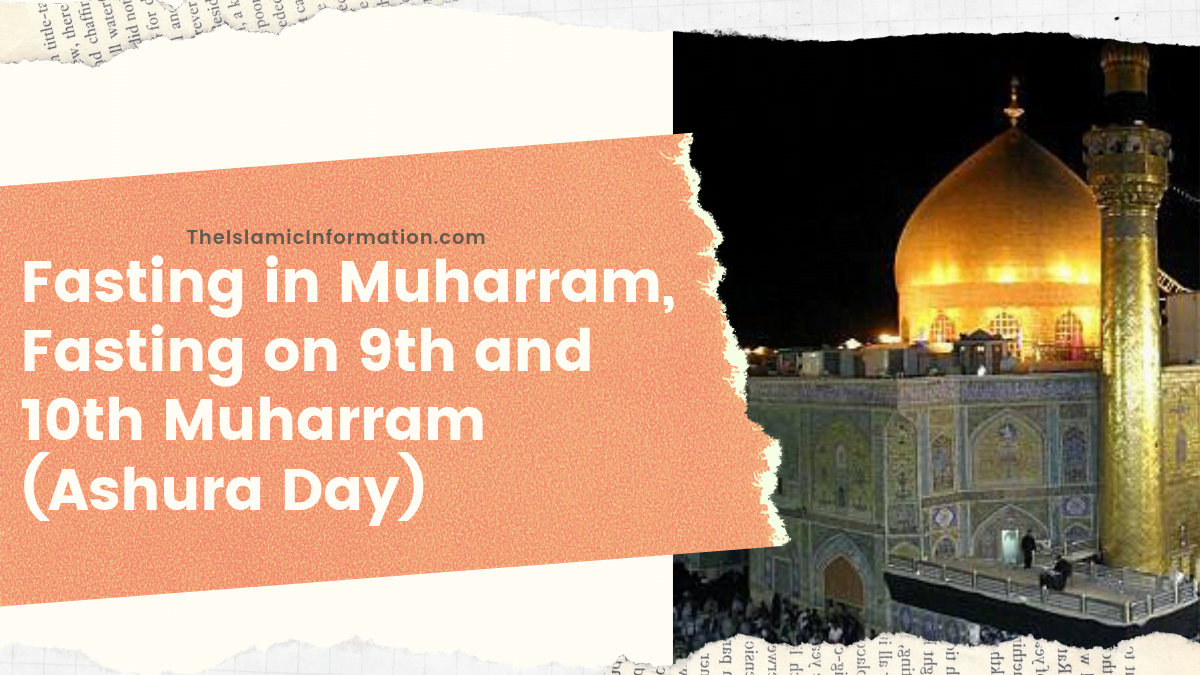
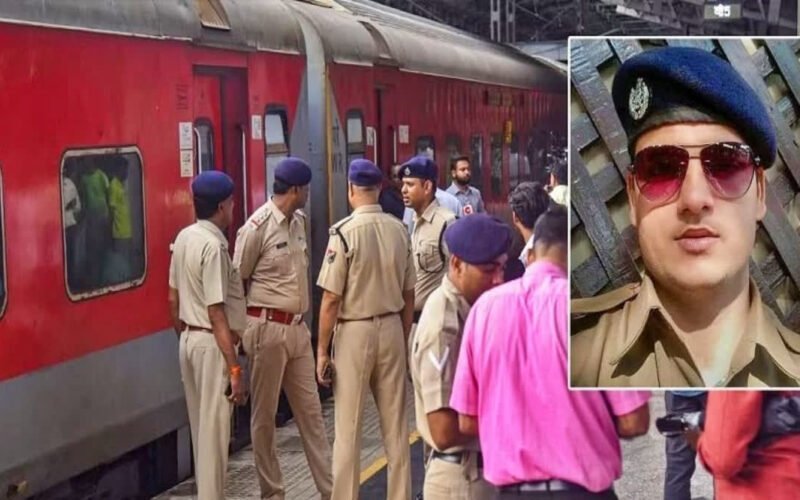

![Prayer Times In London [year] 7 Prayer Times In London](https://theislamicinformation.com/wp-content/uploads/2023/08/Prayer-Times-In-London-110x110.jpeg)

